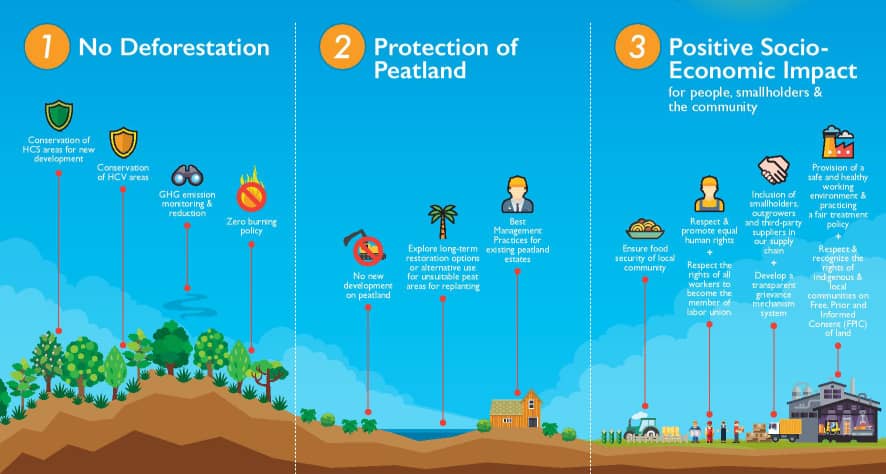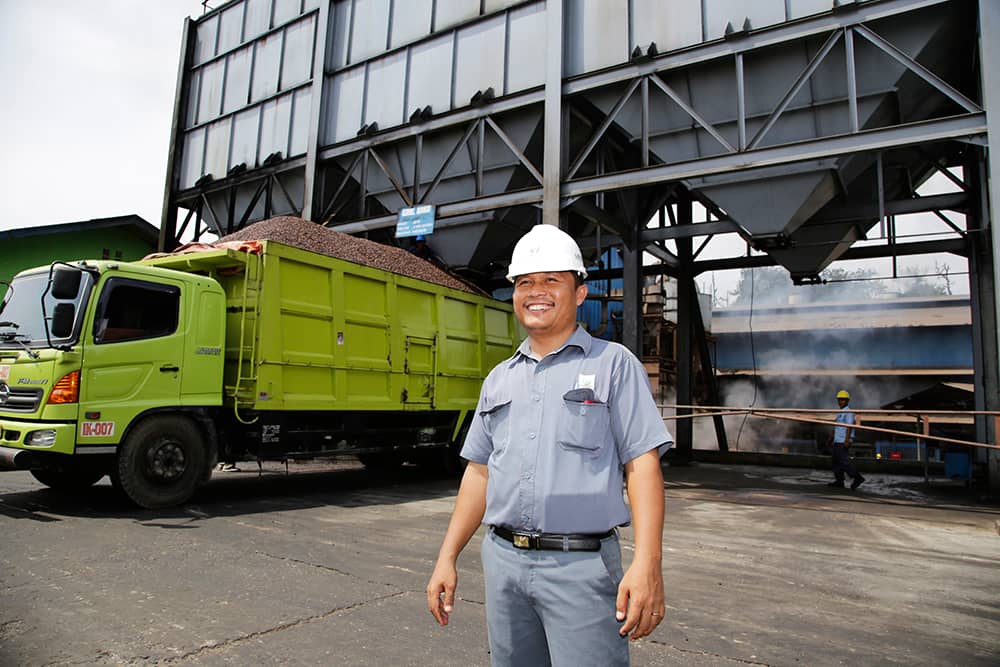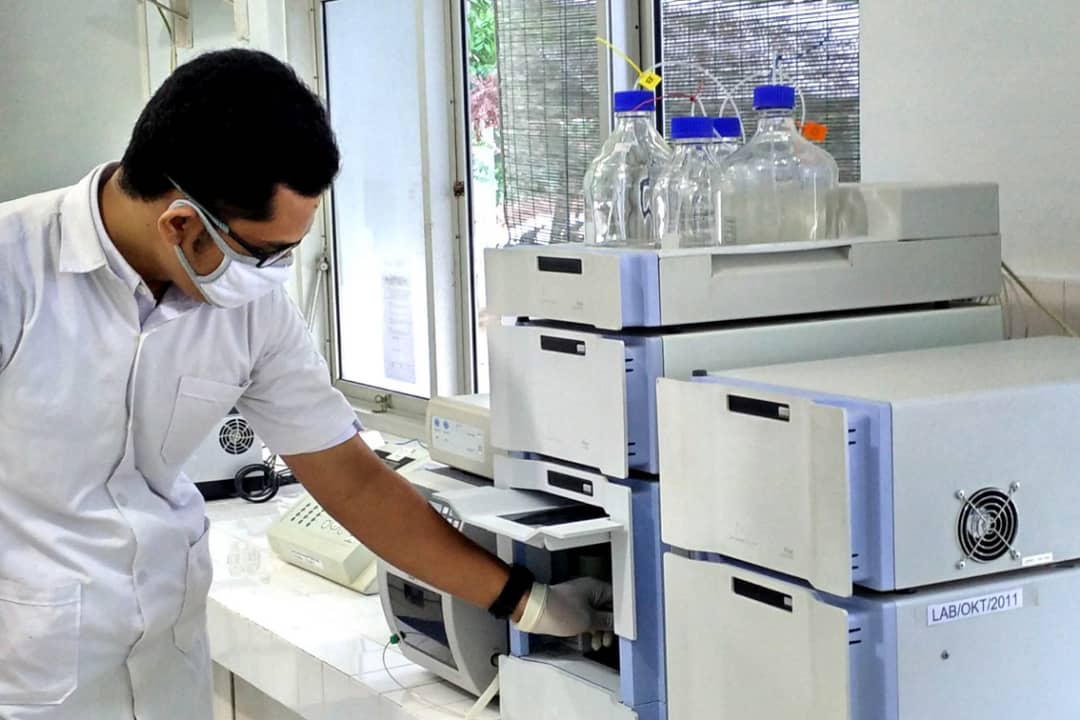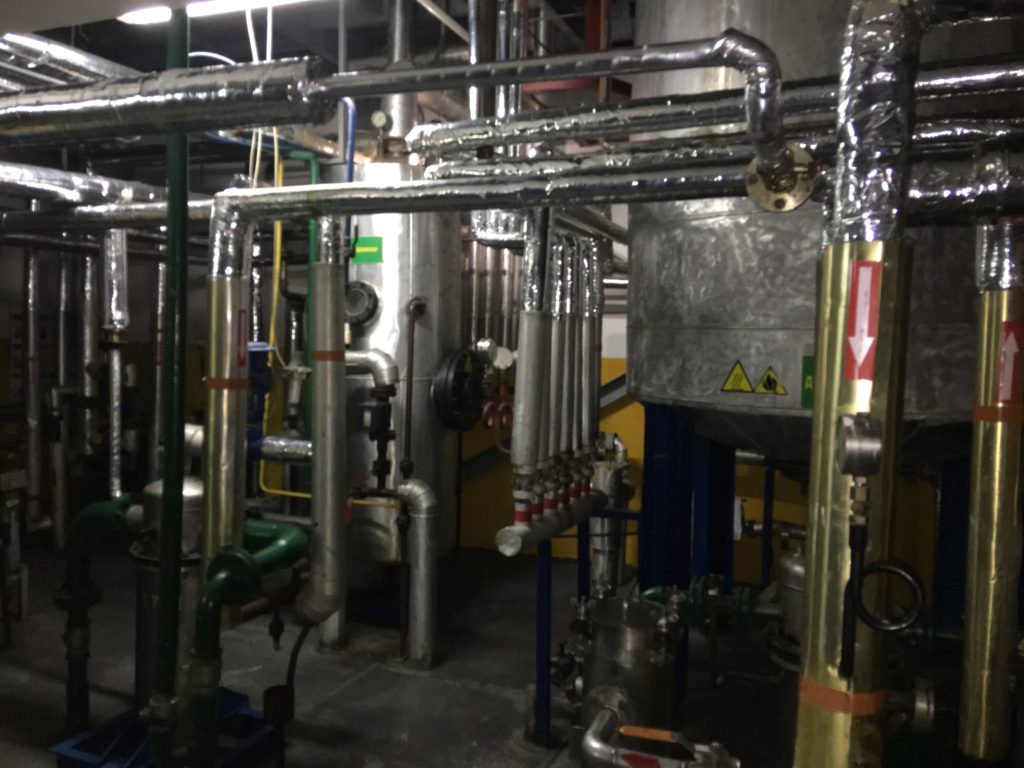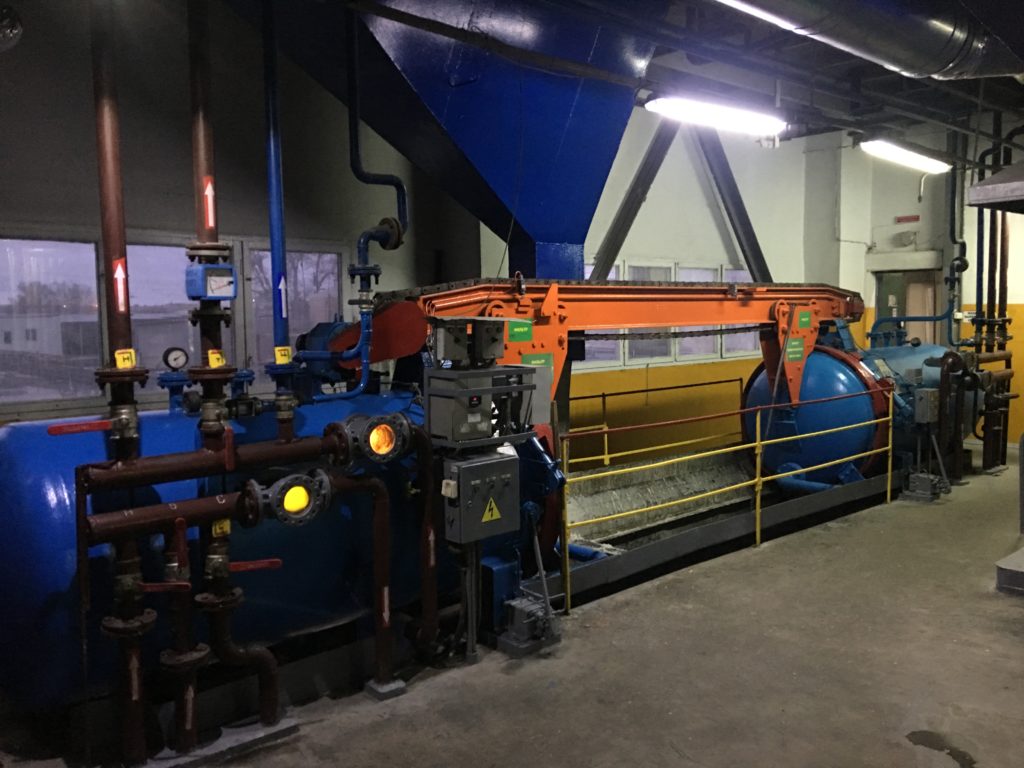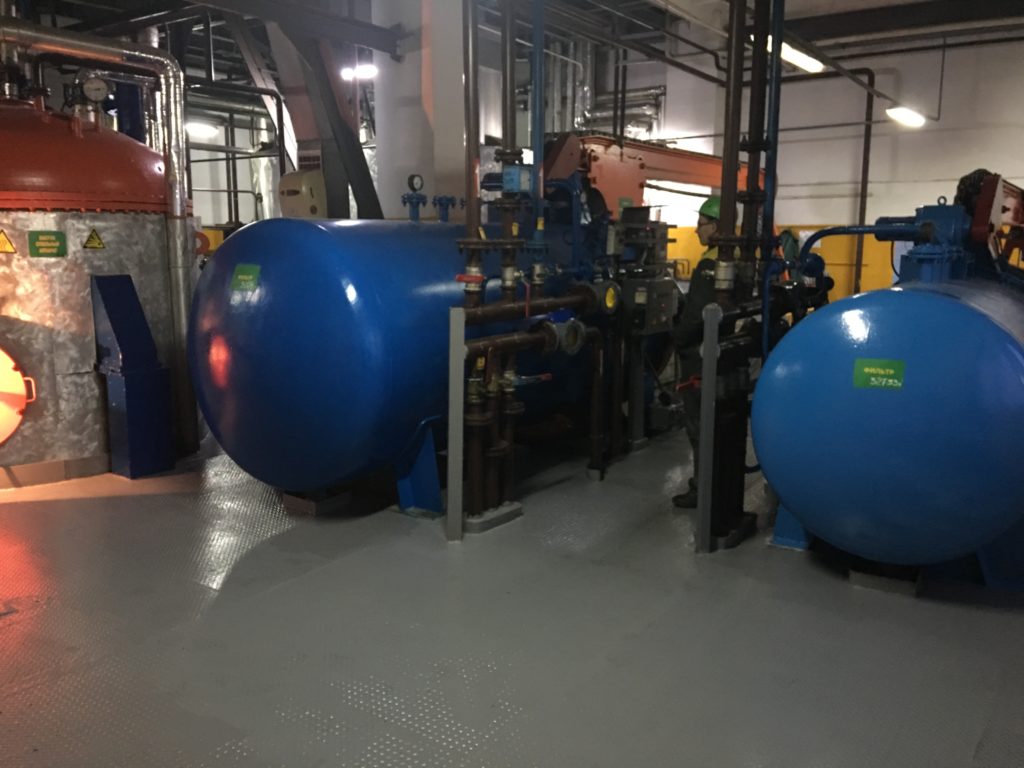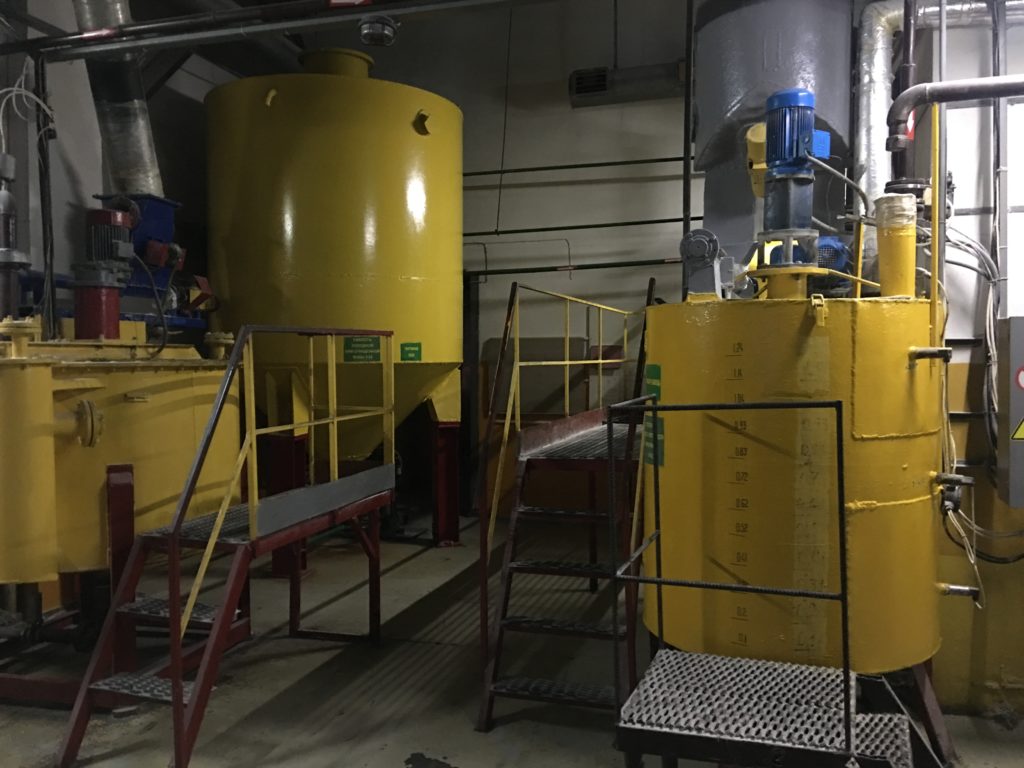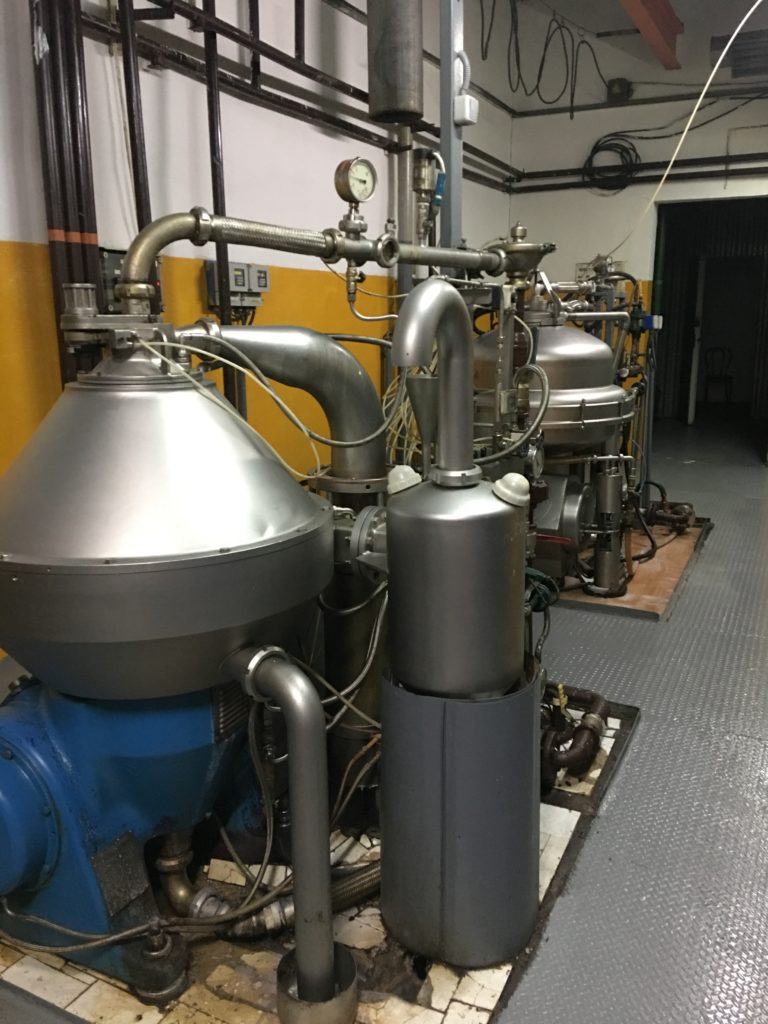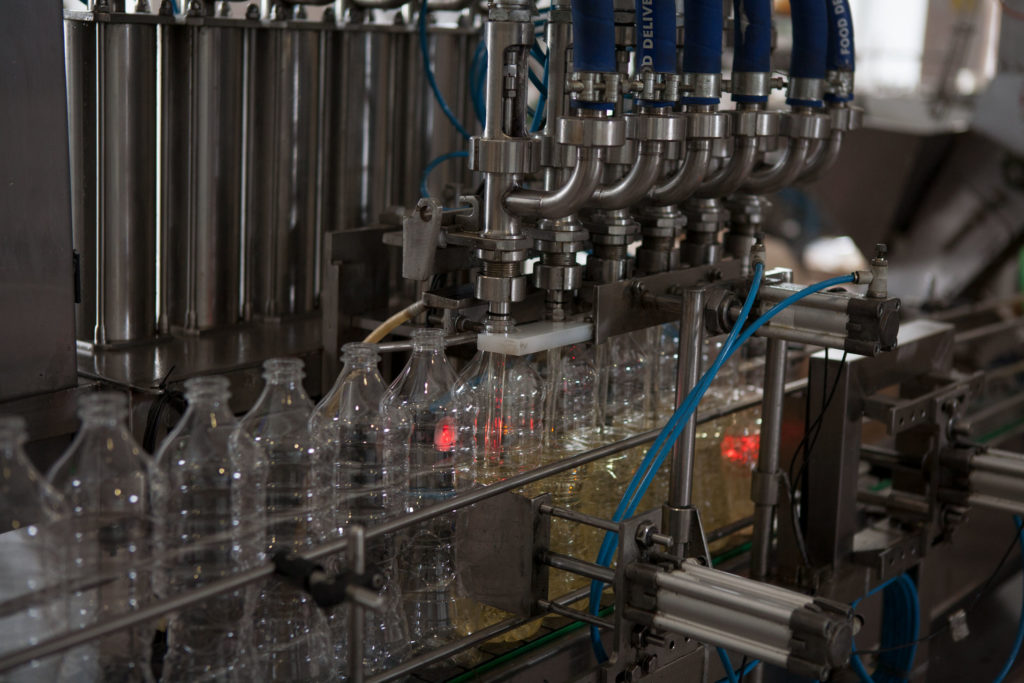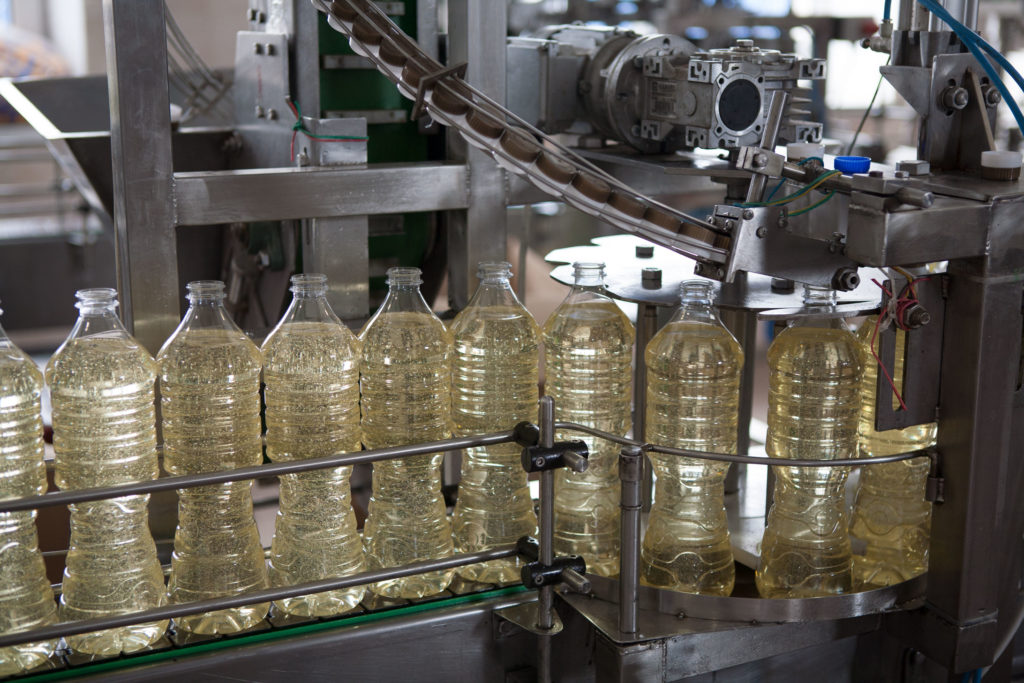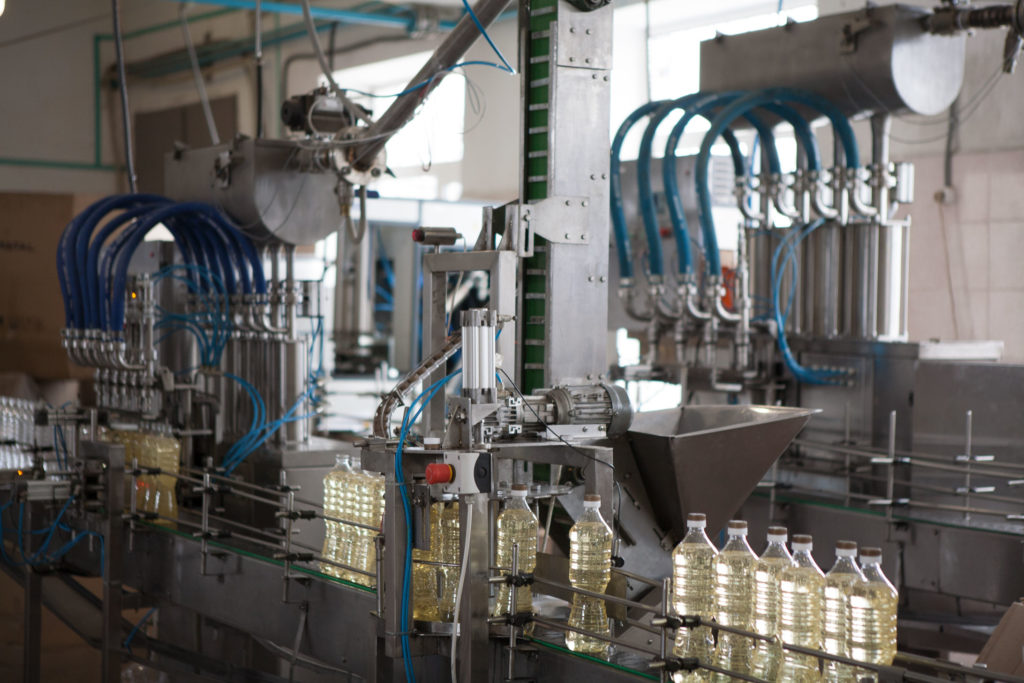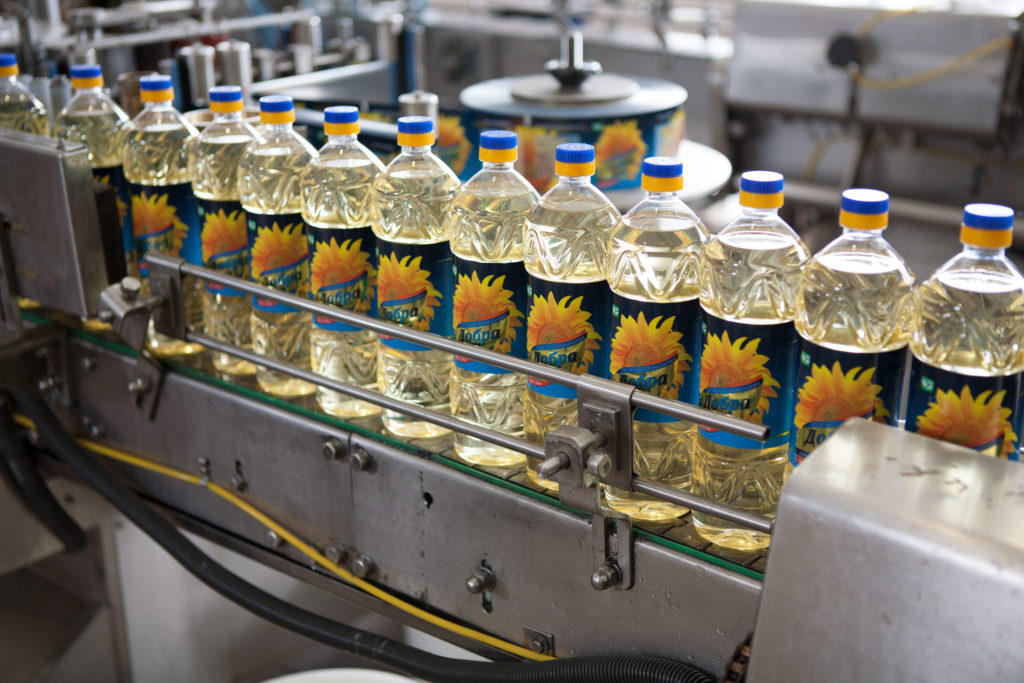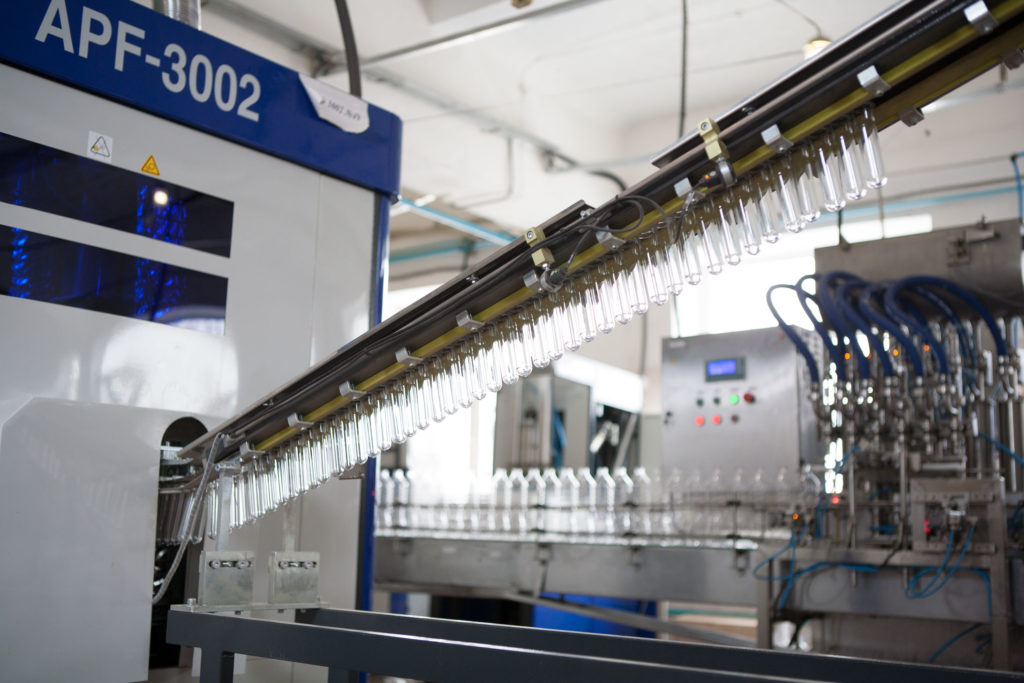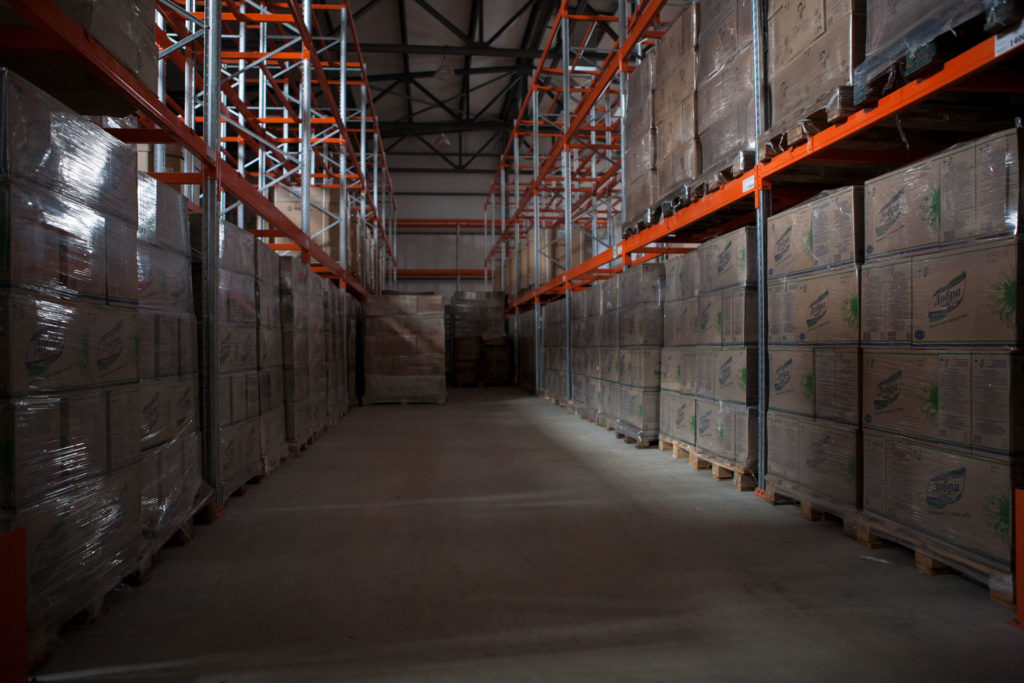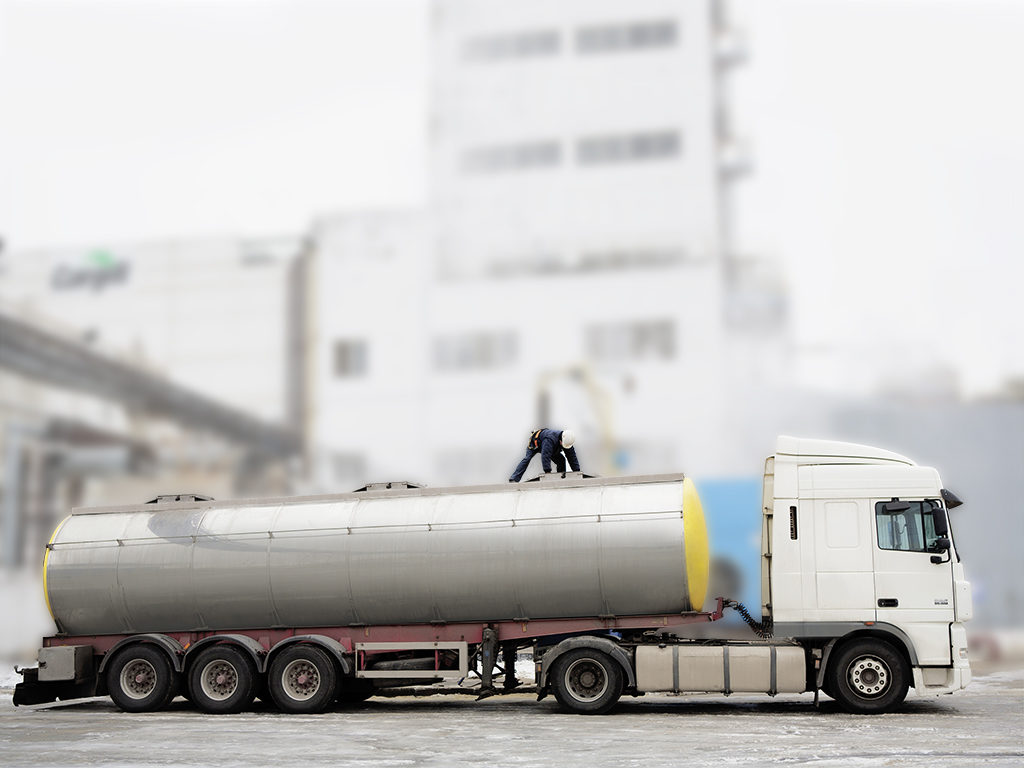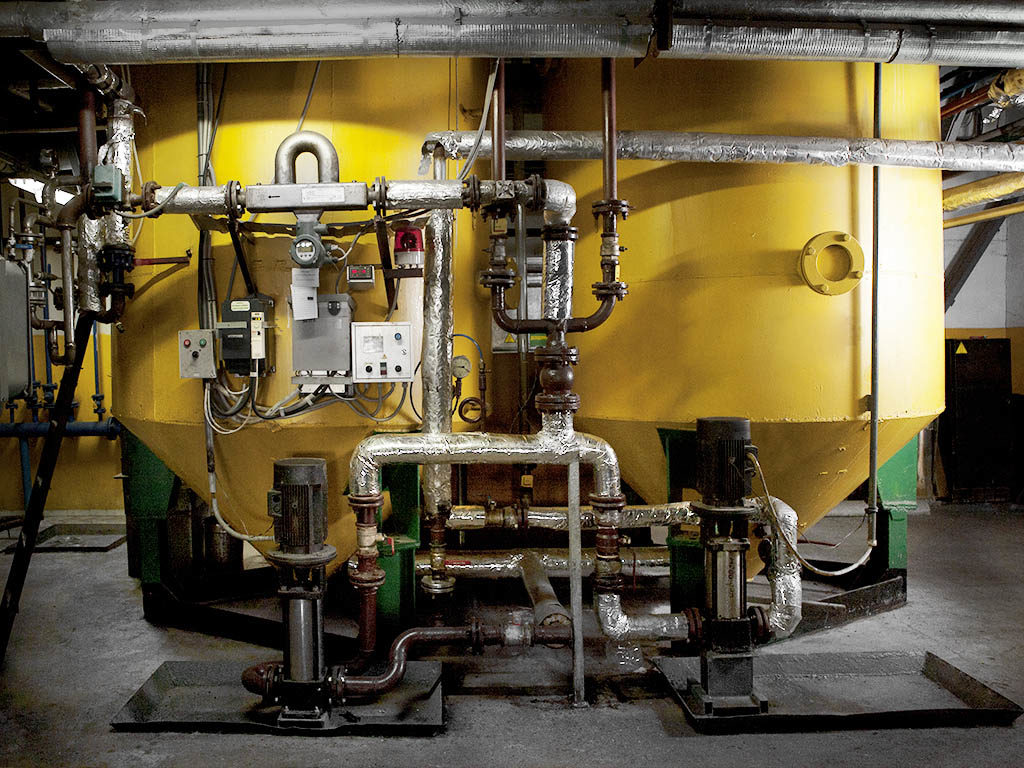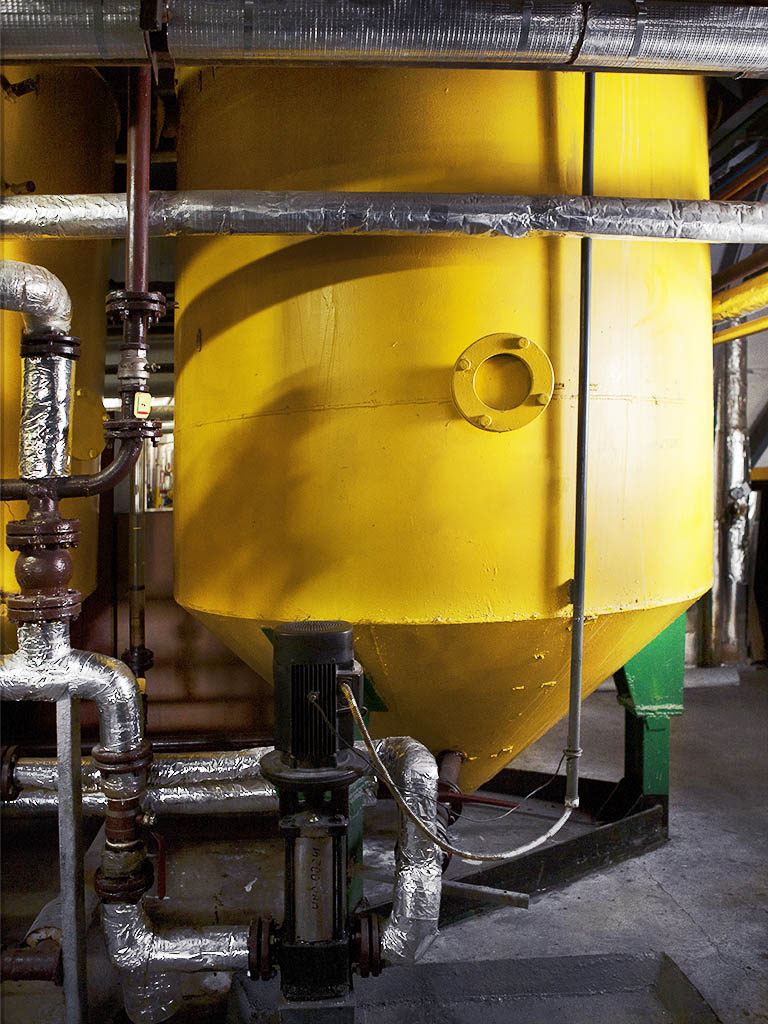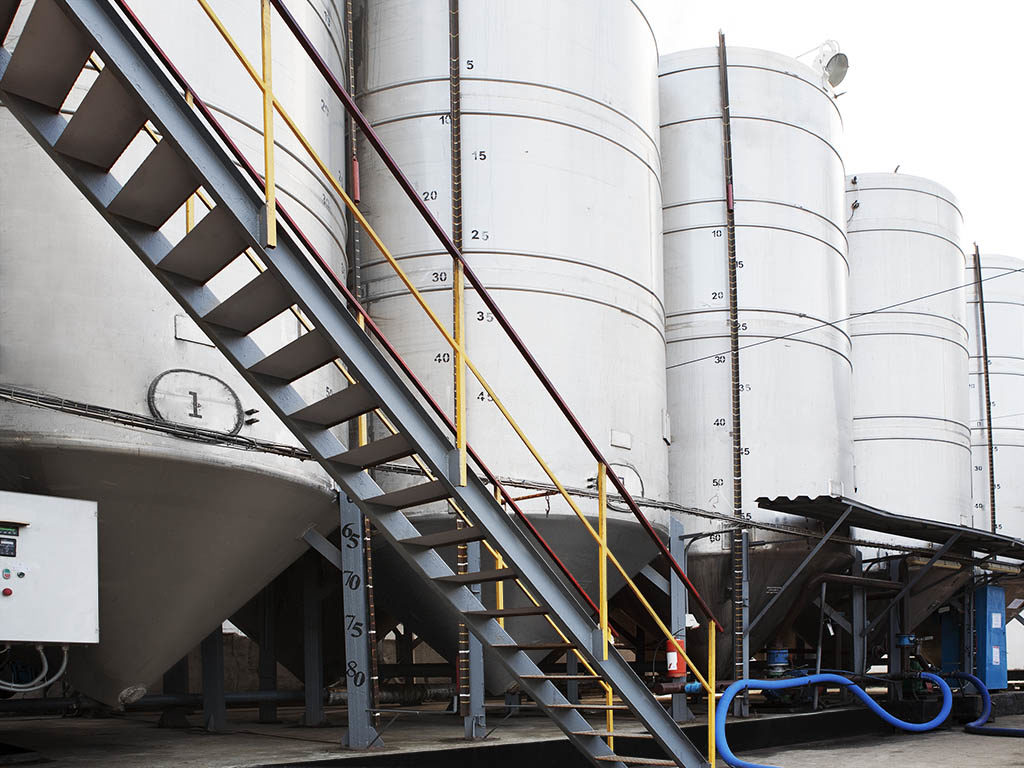OUR VISION
To be one of the largest, best-managed and sustainable edible oil company, creating value for the Community, Country, Climate, Customer and Company.
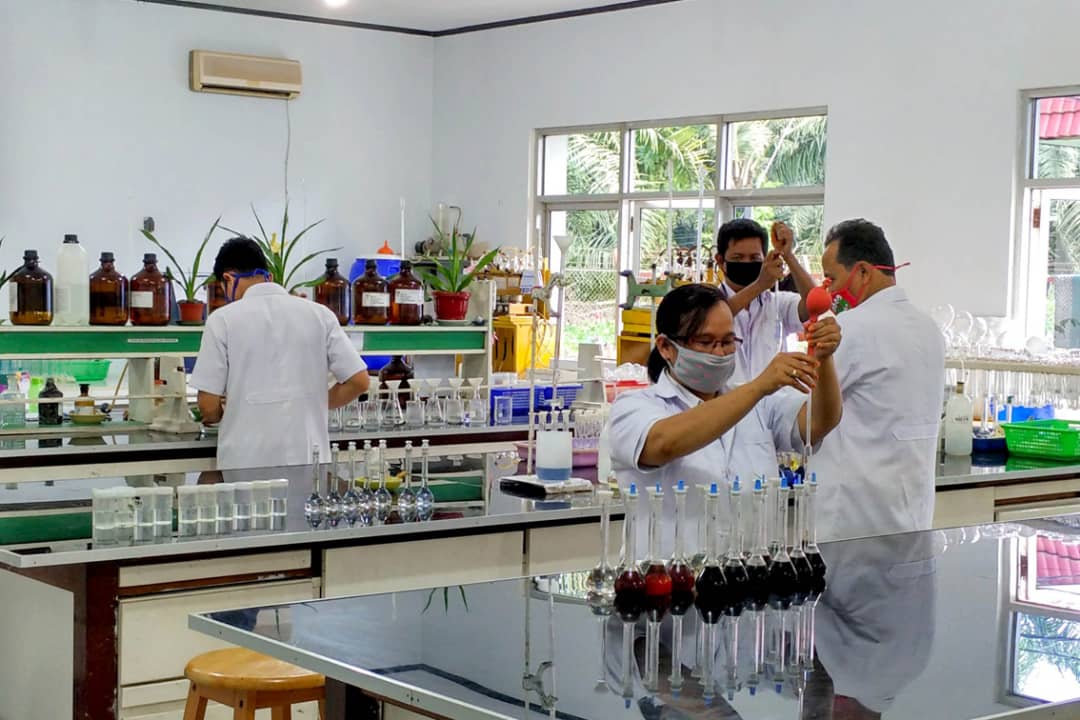
CORE VALUES
In all our activities, Global Oil Export is guided by purpose of improving lives by developing resources sustainably. We employ best practices in agronomy in nurturing and maintaining every trees in our care, we strive to always apply and embody our Core Values of Complementary Team, Ownership, People, Integrity, Customer, and Continuous Improvement. These six Core Values provide a unifying framework for our actions and behaviour as we continue to operate sustainably and create value
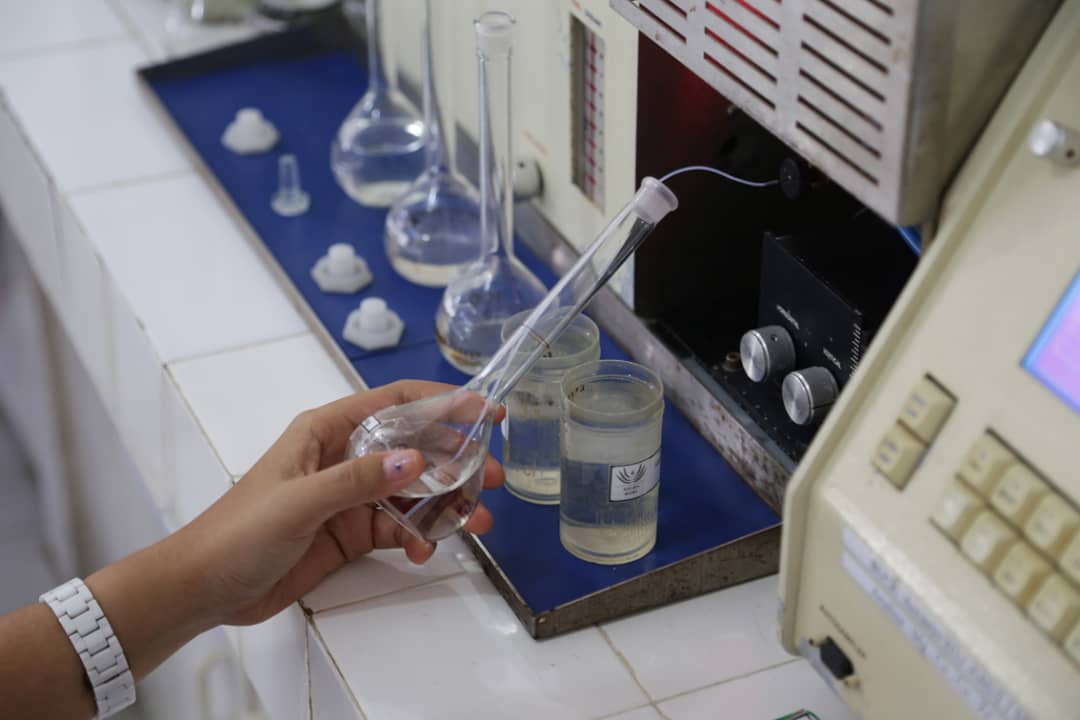
EDUCATION
Global Oil Export aims to improve the quality of education, not only for our employees, but for the surrounding community as well. In partnership with charity foundations, we help renovate existing schools and provide new facilities such as libraries, school buses and toilets. Initially, students are encouraged to grow with the provision of scholarships together, while teachers are provided with further training and support through education program. We also provide daycare for the children of employees so that families can be economically active, improving their livelihoods. With access to good education, the next generation is empowered to embrace and advocate sustainable practices.

HEALTH SERVICES
Global Oil Export collaborates with local health authorities to provide free medical consultation and basic medicine at clinics, (Integrated Service Posts) and (Village Health Post). The company also assists with developing infrastructure, such as bore wells, water towers, water tanks and piping, to ensure clean water supply, and builds public sanitation facilities in communities which lack them.

ECONOMIC DEVELOPMENT
We work with smallholders to help them earn new sources of income during this period. Global Oil Export explores smallholders’ potential and raises their agronomic standards while supporting adoption of sustainable practices to increase their livelihood and enhance economic resilience. Our support includes the training provision, capacity building, technical assistance, and quality seeds supply. That includes providing smallholders with cattle, poultry, fish and seeds, as well as equipment and training to put them to productive use. Many of the by-products of the oil production process can be used as cattle feed, and the resulting manure can generate biogas for domestic use and fertilizer for oils. The use of biogas for cooking helps lower living expenses, while the cattle provide an additional source of income for the smallholders.
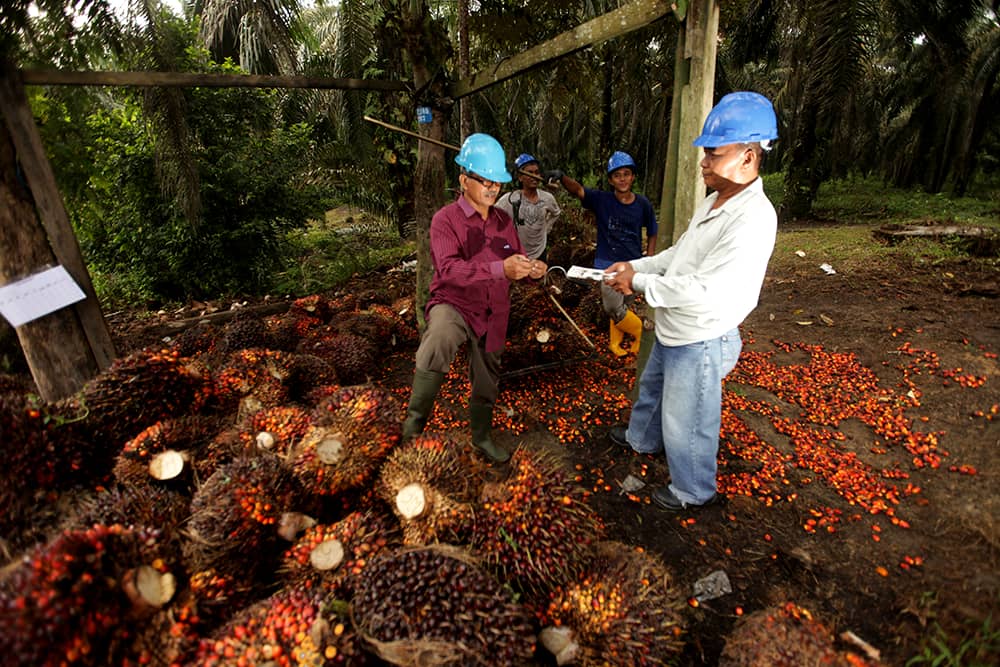
SOCIAL-ECONOMIC INFRASTRUCTURE
Global Oil Export, strive to improve the welfare of local communities, so that they live with dignity. The construction of tube artesian wells in surrounding villages aims to ensure the supply of clean water. Sports facilities are also built to encourage sports and community events. Domestic industries and livestock farming are developed in which villagers are not only provided with livestock, but also given assistance. Our facilities and infrastructure program includes the construction and repair of roads, bridges, aqueducts and houses of worship. House Renovations Housing and shelter is one of the most basic human needs. Everyone has the right to live in comfortable and decent housing.
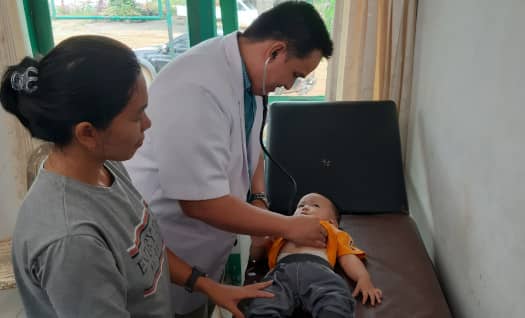
WATER AND ENERGY
Water recycling and energy efficiency are critical to our operations. We invest in water treatment technologies to clean water and minimize wastage, keeping water withdrawals below government-set guidelines. We recycle production waste and effluent to generate energy and at the same time reduce dependence on fossil fuels.

WASTE MANAGEMENT
Global Oil Export has a zero-waste management policy, requiring us to minimize waste. We use organic waste from the production process as fertilizer and as biofuel, and monitor ground water quality in these areas twice a year in conjunction with government authorities.All waste is processed and tested by external parties to ensure it complies with Indonesian laws before being discharged or used as fertilizer.
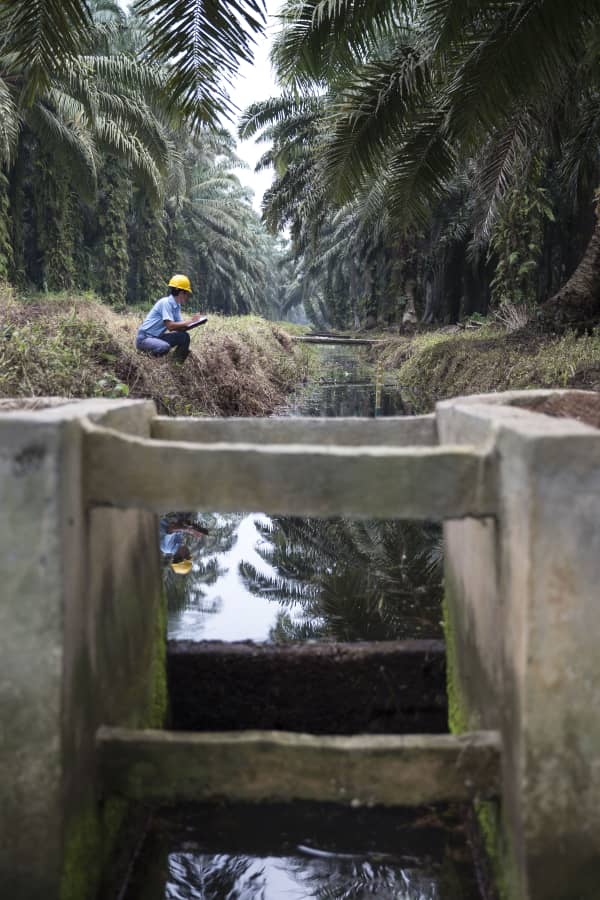
RESEARCH AND DEVELOPMENT
Our science staff focus their research efforts on the creation of superior seeds, fertilizers, environmentally-friendly pest control, water and soil conservation, and utilization of organic production waste. The Global Oil Export Centre is equipped with:
Pest & Disease Laboratory for developing Integrated Pest (and Disease) Management (IPM) technologies .
Biomolecular Laboratory to develop Molecular Marker Assisted Selection.
Oil Research Station (ORS), that specifically manages breeding and production of superior seeds.
Test fields in various locations with different agroclimates for testing fertilizers, pest and disease control bioagents, progeny trials, and collection of genetic resources.
Superior seeds produced by have been released to the market in 2004 under a Ministry of Agriculture Decree, and more than 130 million seedlings have been shipped.
In addition to research, Global Oil Export Centre also actively provides technical services and training to promote knowledge, awareness and skills in applying the technological packages to maximize biotic and abiotic factors to produce high yield and sustainable harvests.

SUSTAINBILITY POLICY
Zero deforesation, Peatland protection and Improving positive socio-economic impacts for society and local communities.
To achieve this, Global Oil Export is committed to immediately implement a moratorium on forest clearance and peatland development until studies below have been conducted and plans for conservation and management have been developed and implemented.
Study to identify areas with high conservation value and areas with high carbon stock, Study to identify and map the peatlands Mapping of social conflicts/SEIA.
Global Oil Export is also committed to conserve the existing biodiversity, riparian and HCV areas of importance to social and cultural values of communities which are within our own and our scheme smallholders’ plantations. We have conducted HCV assessments for all of our own plantations as well as the plasma plantations. The assessments were done by RSPO accredited assessors and were peer-reviewed by independent assessors. Currently, Asian Agri is focusing on intensification of our existing plantations, rather than development of new areas.

PRODUCT QUALITY
One of Global Oil Export commitments in protecting the environment is to only accept oil that provide legal documentation of the source, This is to prevent encroachment of natural forests and protected areas, halt illegal oil plantations and build a sustainable supply chain. All plantations have been certified by ISCC (International Sustainability & Carbon Certification).
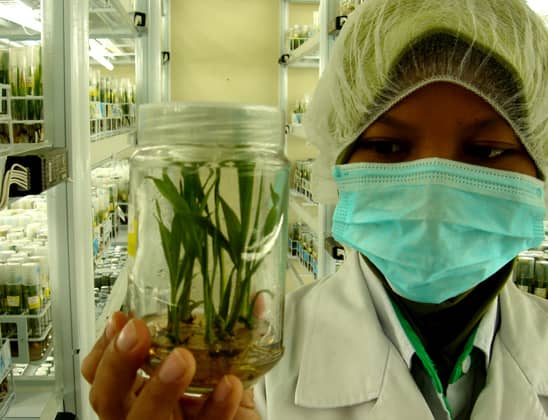
TRACEABILITY
Traceability is a process of validation at each level of production in the oil industry to ensure that sustainability standards are met. As there are companies that supply from third party suppliers, traceability is important to ensure the oil adheres to current sustainability standards. With tracking, the oil supply chain is more transparent. Each point of origin from plantations to consumers must be documented so that the entire supply chain can be traced to identifiable sources. Traceability also helps to map companies that need to improve their practices to meet environmental standards. With established traceability, oil companies will be encouraged to raise the standards of their sustainable practices as well as to improve their levels of accountability. Traceability also contributes positively to local communities. The process does not only take into account the environmental impact of oil production, but also its social impact. Traceability reveals not only the origins of oil from environmentally friendly sources, but also evidence that the plantation is socially responsible to the local community.
